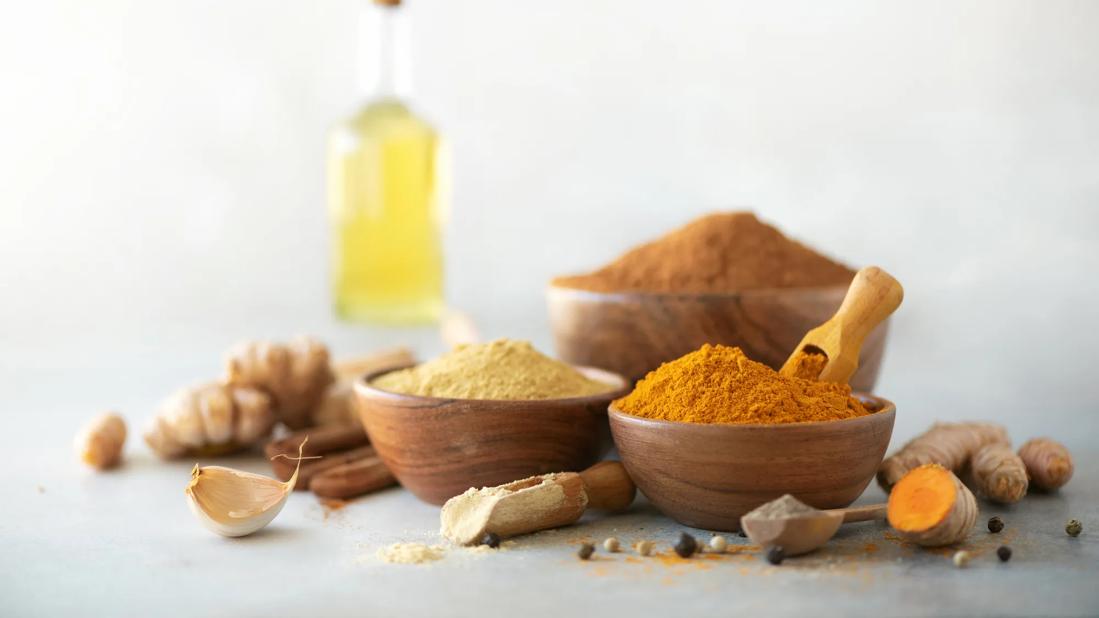Trying to self-treat a suspected parasite with a so-called cleanse can do more harm than good

Has social media tried to convince you that you have an intestinal parasite? If certain swaths of internet influencers are to be believed, tons of people are walking around with worms and other parasites that can only be eliminated through a DIY detox.
Advertisement
Cleveland Clinic is a non-profit academic medical center. Advertising on our site helps support our mission. We do not endorse non-Cleveland Clinic products or services. Policy
But no scientific evidence shows that these so-called “parasite cleanse diets” actually work. And plenty of people are dealing with gastrointestinal issues that aren’t related to parasitic infections.
“I really hope these cleanses don’t become popular,” says registered dietitian Beth Czerwony, RD, LD. “There’s just no credible evidence to show that they work, and they can bring big health risks.”
So-called parasite cleanses are detox diets that claim to help rid your body of intestinal parasites. People who sing the praises of these diets often assert that the majority of gastrointestinal symptoms like bloating, gas and diarrhea are due to parasites — and that only a “cleanse” can rid you of them.
The specifics of such cleanses vary, but they often involve a three-pronged approach:
“Making certain dietary changes can improve your overall health and boost your immune system, which are always good things,” Czerwony notes, “but if you truly have a parasite, dietary changes shouldn’t stand alone as a treatment.”
Advertisement
No evidence shows that herbal supplements or other ingredients can get rid of a parasitic infection (nor is it true that digestive symptoms are always related to intestinal parasites).
Trying to self-treat a suspected parasite with supplements and spices can do more harm than good. And importantly, they aren’t likely to get rid of a parasite, if you do indeed have one.
“Sometimes, a parasitic infection will clear up on its own,” Czerwony says, “but most people need prescription medication treatment. If you have a legitimate parasitic infection, trying to treat yourself holistically with herbs and spices is just not a good idea.”
In general, cleanses and detoxes are associated with a variety of possible health risks. They can cause:
“Plus, supplements aren’t regulated by the U.S. Food and Drug Administration,” Czerwony warns, “so there’s no precise way to know what you’re getting or even what dosage you’re taking.”
Intestinal parasites aren’t as common in North America as they are in other parts of the world. But you can get them by doing things like eating contaminated foods and drinking or swimming in contaminated water. You may also bring them home with you when you travel abroad.
But you can’t self-diagnose a parasitic infection; only a healthcare provider can do that. And if you don’t have a parasite, you need to figure out what’s causing your gastrointestinal symptoms — which also won’t be treated by a parasite cleanse.
If you’re doing a parasite cleanse because the internet has convinced you that you have a parasite, it’s always best to seek a diagnosis to be sure that’s what you’re dealing with.
If so, the best way to treat it is to actually treat it — and a do-it-yourself cleanse won’t do that.
“Typically, if you have some sort of parasitic infection, you’re going to experience symptoms like abdominal pain, bloating, vomiting, diarrhea and unexplained weight loss,” Czerwony explains. “So, it’s important to see a healthcare provider for a diagnosis and effective medical treatment.”
If you’re found to have a parasite, your provider will recommend treatment like:
Advertisement
So, skip the so-called parasite cleanse diets and see a healthcare provider for help.
“If you have a parasitic infection, the best way to treat it is with medication, not supplements,” Czerwony reiterates. “And if you don’t have a parasite, it’s important to get to the bottom of whatever is actually causing your symptoms.”
Advertisement

Sign up for our Health Essentials emails for expert guidance on nutrition, fitness, sleep, skin care and more.
Learn more about our editorial process.
Advertisement

Keto can reduce blood sugar, but that doesn’t mean it’s right for everyone

People with PKU need to avoid high-protein foods, like meat, dairy, legumes and whole grains

Alternating between periods of eating and fasting may benefit your health

This plant-based eating plan focuses on lowering cholesterol, making it a great companion to the Mediterranean diet
There’s not one specific cure-all diet for eczema, but it helps to keep track of what you eat and when you experience symptoms

The small red fruit is a good source of potassium and vitamin C — and may support your gut and brain health

Be mindful of how many eggs you’re eating, how you prepare them and the other sources of saturated fat in your diet

Limiting sodium consumption can help you manage heart failure

Even small moments of time outdoors can help reduce stress, boost mood and restore a sense of calm

A correct prescription helps your eyes see clearly — but as natural changes occur, you may need stronger or different eyeglasses

Both are medical emergencies, but they are very distinct events with different causes